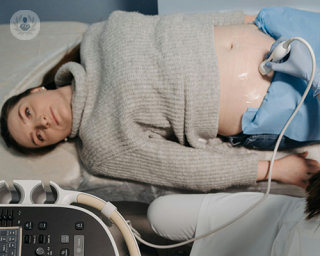
Written by Top Doctors
Obstetrics & gynaecology
The role of gynaecological ultrasounds in fertility: When to schedule a consultation
Gynaecological ultrasounds are specialised imaging tests that allow specialists to view the reproductive system in detail. If you are facing fertility challenges, understanding the purpose and timing of gynaecological ultrasounds is key to making informed decisions about your care.










